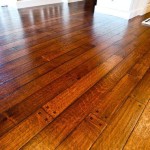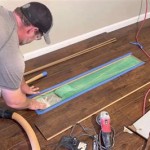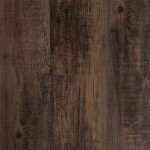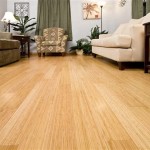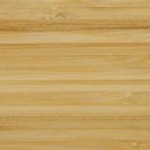Transition Strips: The Essential Element for Seamless Laminate Flooring
Creating a cohesive and elegant floor design requires attention to every detail, including the transitions between different flooring surfaces. Transition strips play a crucial role in bridging the gap between laminate flooring and other materials, ensuring a seamless and professional-looking finish. Here are the essential aspects of transition strip laminate flooring that you need to know.
Types of Transition Strips
Depending on the specific needs of your flooring project, there are various types of transition strips available. Some common types include:
- T-moldings: Used when the thickness of the two flooring materials is the same, T-moldings create a smooth and gradual transition.
- Reducer strips: Step down from a higher flooring surface to a lower surface, such as from laminate flooring to carpet or tile.
- End caps: Finish the edges of laminate flooring when it meets a wall or other vertical surface.
- Thresholds: Used in doorways or high-traffic areas, thresholds provide a sturdy and visually distinct transition.
- Quarter rounds: Create a curved edge where laminate flooring meets a wall or baseboard, concealing any gaps.
Material Options
Transition strips come in a variety of materials to match the aesthetics and durability requirements of your flooring. Common materials include:
- Metal: Durable and resistant to wear, metal transition strips are ideal for high-traffic areas.
- Wood: Provides a natural and elegant look, complementing hardwood or laminate flooring.
- Vinyl: Flexible and waterproof, vinyl transition strips are suitable for wet areas or spaces with uneven surfaces.
- Laminate: Matches the design and color of laminate flooring, creating a seamless transition.
Installation Considerations
Proper installation is essential for the longevity and effectiveness of transition strips. Follow these tips:
- Ensure the subfloor is level and smooth before installing transition strips.
- Use the correct type of transition strip for the flooring materials and transition type.
- Cut the transition strip to the appropriate length and angle.
- Secure the transition strip using nails, screws, or adhesive, as recommended by the manufacturer.
- Fill any gaps around the transition strip with caulk or a similar sealant.
Choosing the Right Transition Strip
The right transition strip depends on several factors, including:
- The thickness and type of flooring materials
- The location and transitions involved
- The desired level of durability and aesthetics
- The overall design of the room
Conclusion
Transition strips are an integral part of laminate flooring installation, ensuring a seamless and professional-looking finish. By choosing the right type, material, and installation method, you can create a cohesive and elegant flooring design that enhances the overall ambiance of your space.

Floor Transition Strips Uneven High Quality Flooring Trims You Ll Love

Self Adhesive Pvc Flat Floor Transition Strip Laminate Door Divider 6 56ftx1 6inch Com

Laminate Flooring Transition Strips Commercial Tarkett

How To Install Laminate Flooring Transitions

Floor Transition Strips City

How To Install Transition Strips In Doorways

Newage S Flooring White Oak 0 46 In T X 1 65 W L Molding Transition Strip 12032 The Home Depot

Floor Transition Strip Cover Strips Self Adhesive Flooring Transitions Laminate Vinyl Flat Divider Elegant Wood Grain Design Com

Flooring Transition Strips Moldings Trims Onflooring

Flooring Transition Strips Moldings Trims Onflooring

